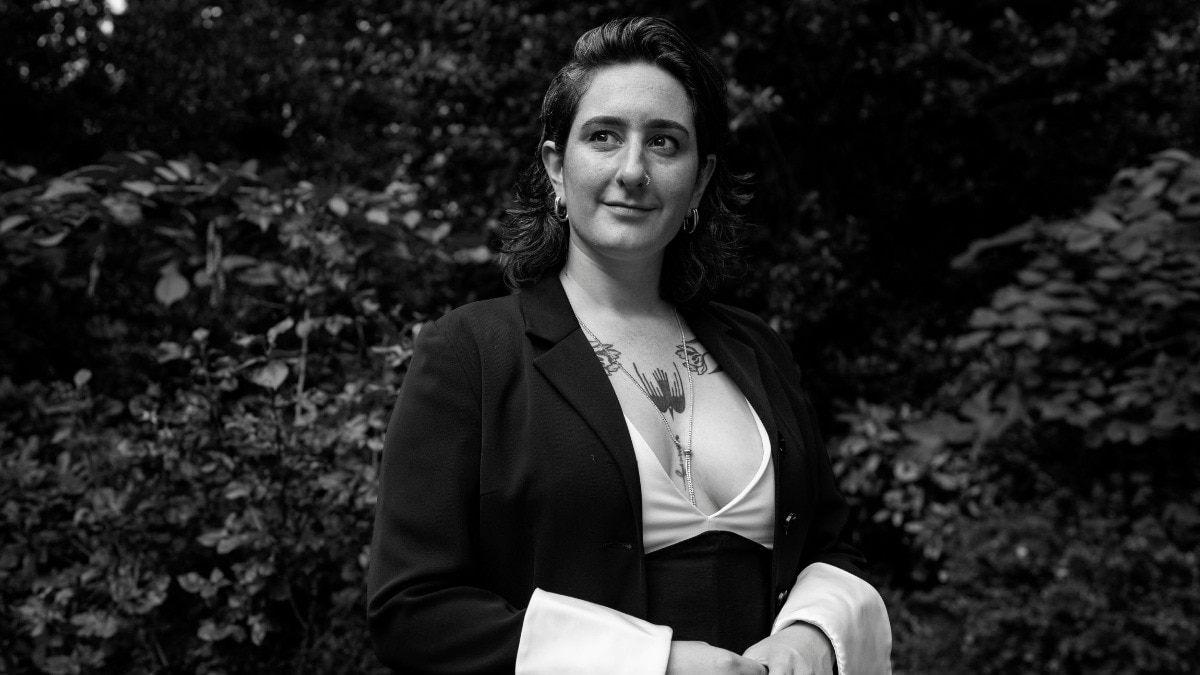The ultimate guide to stop binge eating
Ditch the diet and rework your sleep cycle!


We’ve all found ourselves reaching for a tub of ice cream or a box of cookies in the middle of the night and gorging on them while we keep hitting the ‘next episode’ button and procrastinating sleep. You’re as stuffed as your mother’s famed parathas but you can’t stop munching on something or another despite the intense wave of guilt that you feel. This phenomenon is called binge eating and it’s as common and more harmful than binge-watching.
Kavita Devgan, dietician and author of The Dont Diet Plan, describes binge eating as, “eating a large quantity of food in a short period of time and often feeling guilty afterwards. This begins with an overwhelming urge to eat and is not a normal way of eating. It can be classified as an eating disorder.”
However, it’s not binge eating every time you eat more than you can handle. Devgan goes on to explain that when we are genuinely hungry we crave real and substantial food. But when it is merely a craving which inevitably leads to binge eating, then you feel like eating anything else but something substantial. For instance, how many times have to pick out the leftover daal rice over the french fries when you feel like a midnight snack?
Also, another way you can tell whether you’re hungry or just need something to gobble is that when you’re binge eating, you tend to eat extremely fast. Devgan says, “It overrides the body's satiety signals leading to consumption of large amounts of food.”
Like any eating disorder, binge eating is not to be taken lightly. Especially if it’s an occurrence that happens every now and then. Those bags of popcorn and packets of instant noodles, that you finish in one sitting thinking it’s harmless have long-term repercussions. Devgan says, “There are multiple other problems associated with Binge Eating Disorder (BED). There's a link with diabetes, depression, anxiety, mood disorders, high BP and cholesterol.”
Don’t fret, we’ve turned into healthy food-eating ninjas to help you curb binge eating. Scroll down!
Don’t skip meals
It may seem counterproductive to suggest having regular meals to stop binge eating but that’s how it works. You see, skipping meals can leave your body craving nutrition which increases the likelihood of overeating and binge eating. In fact, there is a 2019 study that shows that a regular eating pattern can reduce the chance of shoving your face in the middle of the night. To maintain your metabolism and energy levels, it is crucial to eat three healthy meals a day with a few snacks interspersed every 3-4 hours. Every time you don’t follow a balanced meal plan and your energy levels dip, you’ll want to head straight into your fridge to eat all the junk leftovers you can find in there.
Practice mindful eating
Mindful eating means keeping all your screens aside (no reels, no true crime documentaries) while you eat and paying attention to what your body is telling you. Listen to the sound of your food, focus on the taste and just be fully in the moment. When you do this, you learn how to only eat when you’re hungry and put the spoon down when you’re full. This is something we are born with but as we grow older, we start using food as a crunch for comfort or something to do when we’re bored and we forget to listen to our bodies which leads to binge eating. While practising mindful eating, remember to give your body permission to do anything and everything. Don’t categorise food as ‘good’ or ‘bad’. Eat that tub of ice cream if that’s what your body wants but stop as soon as you realise you’re full. The bottom line is — pay attention.
Stay hydrated
It’s no secret that staying hydrated has numerous health benefits. But did you know that it can also curb cravings and prevent you from overeating? Devgan says, “Drinking plenty of water is a simple yet effective way to curb cravings and stop overeating.” In fact, a study published in the Journal of the American Dietary Association reviewed 24 adults who drank 17 ounces (approx 500 ml) of water before eating consumed fewer calories than people who did not drink any water. Staying hydrated also boosts your metabolism. There is no downside!
Ditch the diet
Devgan says, “Avoid fad diets as they can often be very unhealthy, lead to feelings of dissatisfaction and multiple deficiencies which can fuel unhealthy cravings and binge waiting episodes.” A lot of diets are restrictive and deprive you of food your body wants and needs. This triggers binge eating episodes. Instead, eat healthily and increase your fibre intake. This will curb cravings and can help you feel satiated for longer.
Rework your sleep cycle
If you find yourself regularly binge eating, it might be because you aren’t getting enough sleep. When you don’t get enough shut-eye and you wake up tired and groggy, your body craves foods that are high in sugar to give you a boost of energy. This ultimately leads to binge eating. When you sleep enough, your leptin levels are elevated. Leptin is a hormone that regulates the sensation of feeling full. On the other hand, if you’re not getting enough sleep your body may produce more ghrelin, a hormone that makes you hungry. Which inevitably leads to binge eating. So, the bottom line is to get more sleep.










